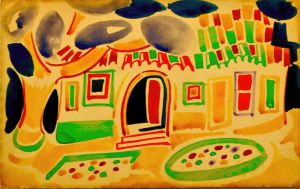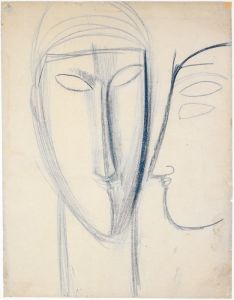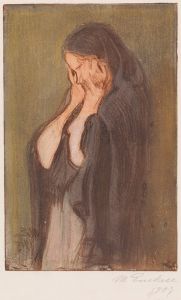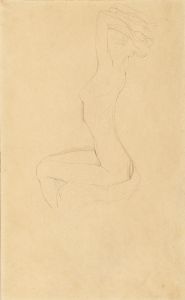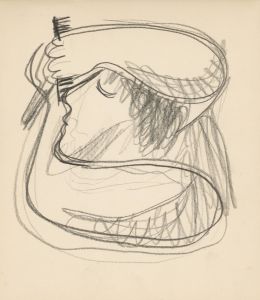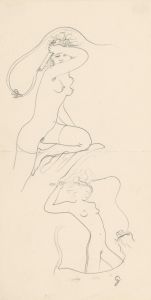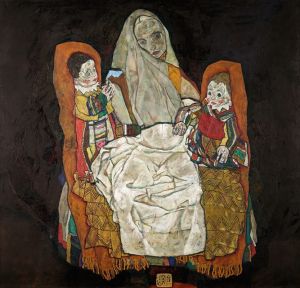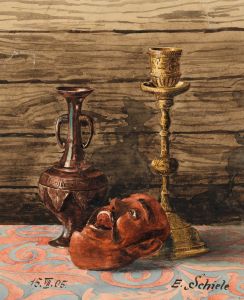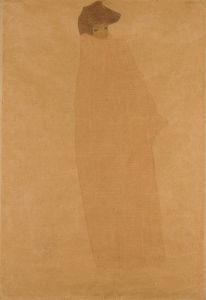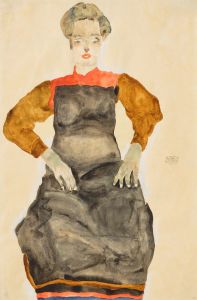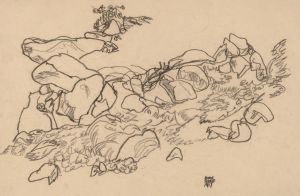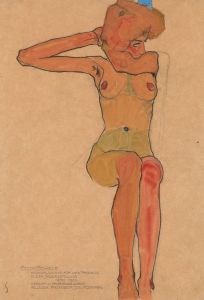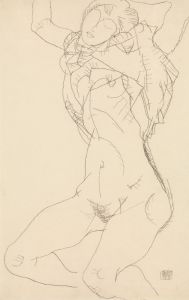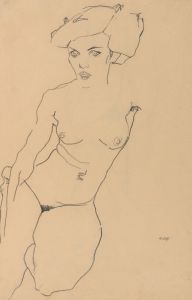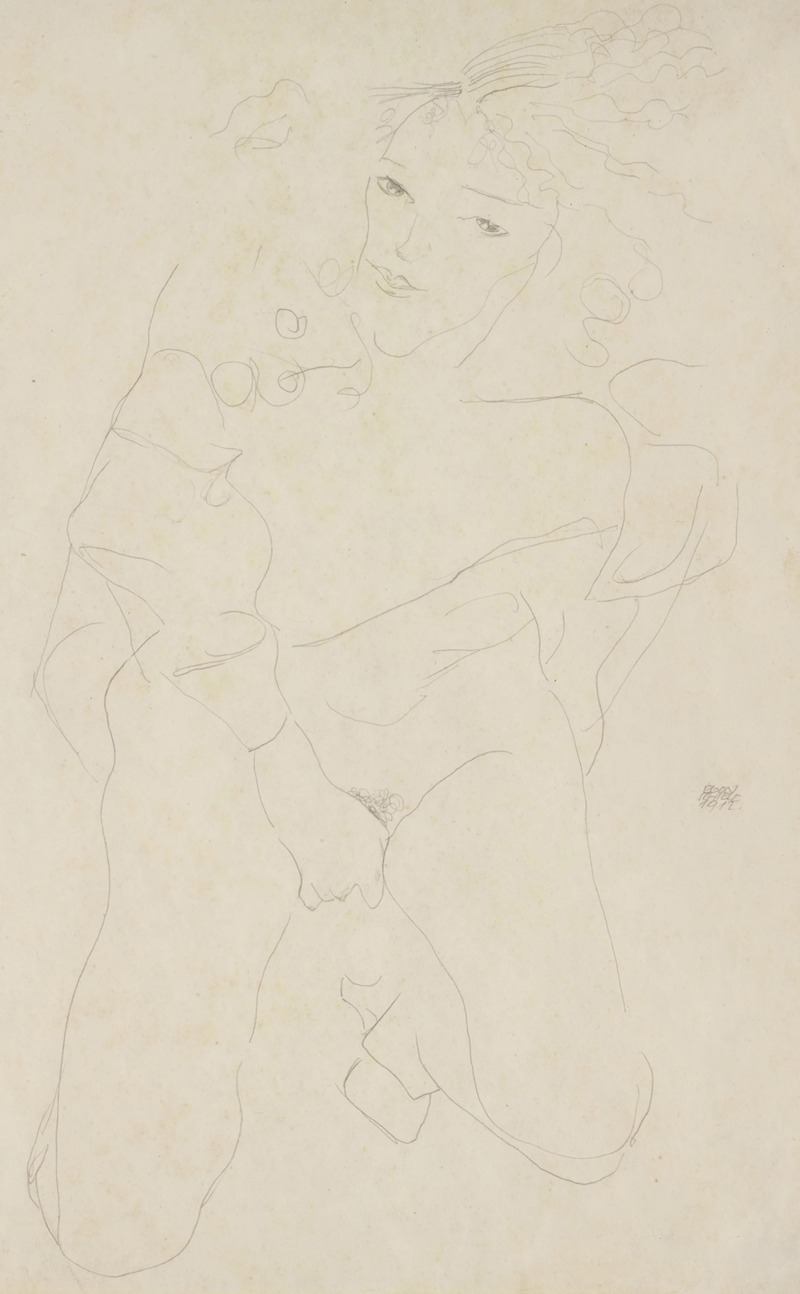
Akt
A hand-painted replica of Egon Schiele’s masterpiece Akt, meticulously crafted by professional artists to capture the true essence of the original. Each piece is created with museum-quality canvas and rare mineral pigments, carefully painted by experienced artists with delicate brushstrokes and rich, layered colors to perfectly recreate the texture of the original artwork. Unlike machine-printed reproductions, this hand-painted version brings the painting to life, infused with the artist’s emotions and skill in every stroke. Whether for personal collection or home decoration, it instantly elevates the artistic atmosphere of any space.
Akt, also known as "Nude," is a painting by the Austrian artist Egon Schiele, who is renowned for his distinctive and provocative style. Schiele was a major figurative painter of the early 20th century and a protégé of Gustav Klimt. His work is noted for its intensity, raw sexuality, and the exploration of the human form.
Egon Schiele was born on June 12, 1890, in Tulln an der Donau, Austria. He showed an early talent for drawing and attended the Vienna Academy of Fine Arts in 1906. However, he found the academic environment stifling and soon left to pursue his own artistic vision. Schiele's early works were influenced by Klimt, but he quickly developed a unique style characterized by distorted figures, expressive lines, and a bold use of color.
Akt is one of Schiele's many explorations of the nude form, a subject he returned to frequently throughout his career. His nudes are often depicted in unconventional poses, with exaggerated features and an almost skeletal appearance. This approach was part of Schiele's broader interest in capturing the psychological and emotional states of his subjects, rather than merely their physical appearance.
The painting Akt exemplifies Schiele's approach to the human body. The figure is rendered with sharp, angular lines and a stark, almost confrontational composition. The use of color is minimal, with the focus on the contours and the expressive quality of the lines. Schiele's nudes often convey a sense of vulnerability and introspection, challenging traditional notions of beauty and eroticism.
Schiele's work was controversial during his lifetime, and he faced legal troubles due to the explicit nature of his art. In 1912, he was arrested on charges of public immorality and spent 24 days in jail. Despite these challenges, Schiele continued to produce a prolific body of work, including portraits, landscapes, and allegorical scenes, in addition to his nudes.
Tragically, Schiele's career was cut short by his untimely death at the age of 28. He died on October 31, 1918, during the Spanish flu pandemic, just three days after his pregnant wife, Edith. Despite his brief career, Schiele left a lasting impact on the art world, and his works are celebrated for their emotional depth and innovative approach to the human form.
Today, Egon Schiele's paintings, including Akt, are held in high regard and can be found in major museums and private collections around the world. His work continues to be studied and admired for its boldness, psychological insight, and its contribution to the development of modern art.





